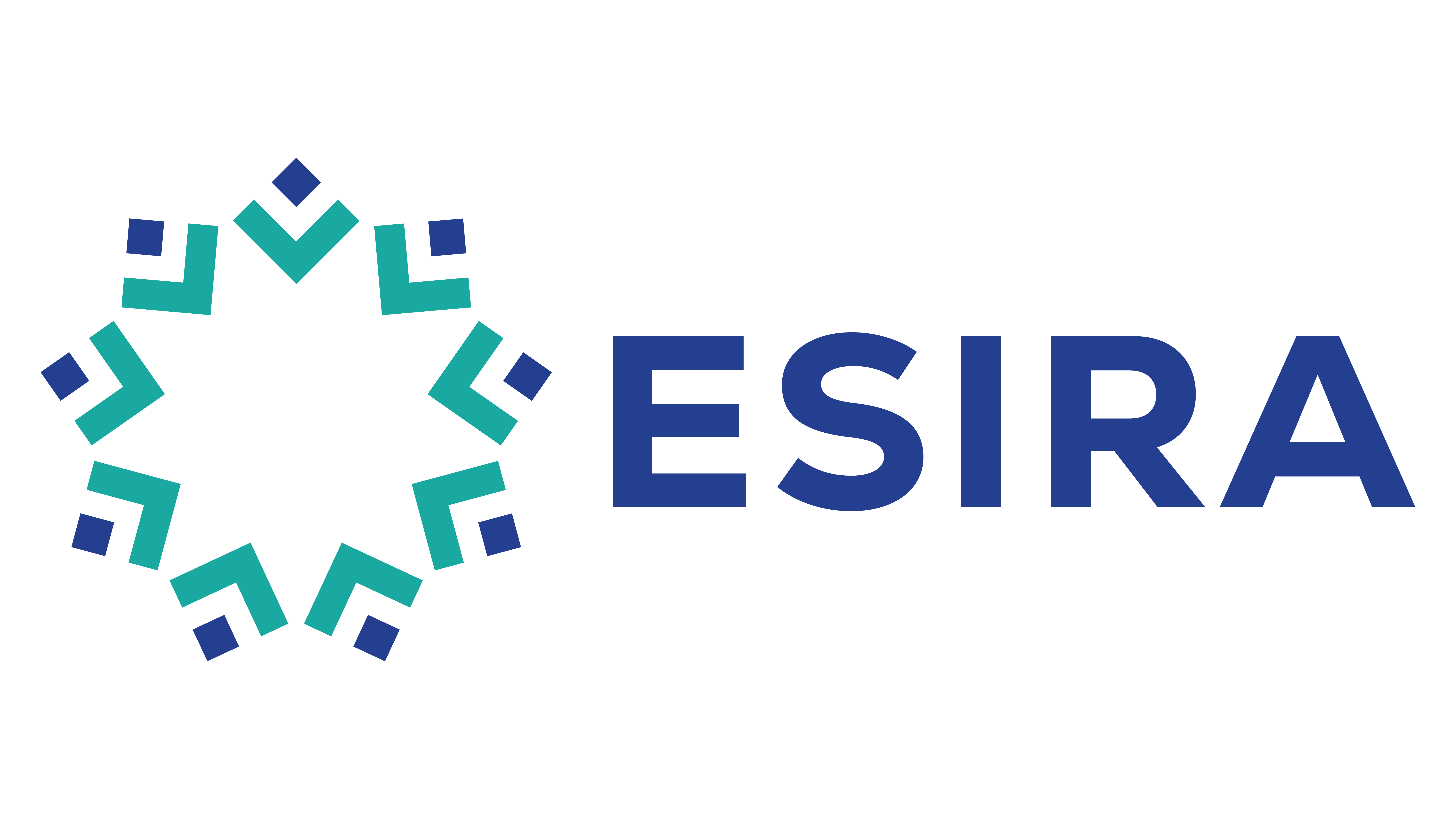Across the European Union, rural, mountainous, and remote regions encompass nearly 80% of the territory, yet they are home to only 30% of the population. Despite this seemingly sparse population density, these areas wield considerable economic influence, contributing 46% of Europe’s total gross added value. Moreover, rural areas boast the highest concentration of natural landmarks, cultural heritage sites, and historical monuments, adding to their inherent allure and significance. Nevertheless, these regions encounter notable social challenges. Challenges including diminished gross domestic product per capita, elevated unemployment rates, modest wages, and the swift aging of the populace weigh heavily on the inhabitants of rural communities. The ESIRA project was formed to reduce the risks of poverty and social exclusion of marginalized groups in rural communities. Through innovative economic practices, creating robust social networks, and enhancing participatory policies, ESIRA strives to ensure the inclusive development of rural communities, with an emphasis on economic sustainability and the protection of cultural heritage.
The ESIRA consortium consists of 15 organizations from 8 European countries, including universities, expert associations, and non-governmental organizations, creating a network of academic knowledge and practical scope. The scope of ESIRA encompasses a wide area of rural communities with specific cultural, historical, and economic heritage.
ESIRA’s activities will be directed at mapping the socio-economic specificities of each rural community and crafting an inclusive development strategy grounded in both theoretical understanding and practical observations.
